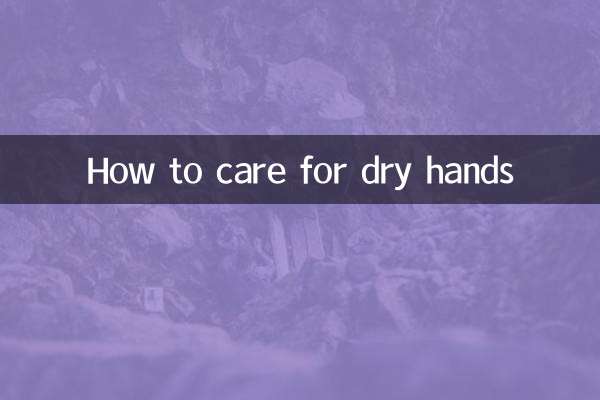What to do if you have perianal eczema
Perianal eczema is a common skin disease, mainly characterized by symptoms such as itching, redness, swelling, and erosion of the skin around the anus. Recently, there has been a lot of discussion about perianal eczema on the Internet, and many patients are looking for effective treatments. This article will combine the hot topics and hot content in the past 10 days to provide you with structured data and suggestions.
1. Common symptoms of perianal eczema

Symptoms of perianal eczema vary from person to person, but here are some common signs:
| symptom | describe |
|---|---|
| itching | Persistent itching of the skin around the anus, especially at night |
| Redness and swelling | Red, swollen skin that may be accompanied by a burning sensation |
| erosion | Broken skin, which may ooze or develop scabs |
| Dry and flaky | Dry and peeling skin, which may appear cracked in severe cases |
2. Common causes of perianal eczema
According to recent hot topics, the causes of perianal eczema mainly include the following categories:
| reason | illustrate |
|---|---|
| allergic reaction | Allergies to certain foods, medicines or hygiene products |
| Poor hygiene habits | Such as excessive cleaning or insufficient cleaning |
| fungal or bacterial infection | Such as Candida infection or Staphylococcus aureus infection |
| intestinal diseases | Such as diarrhea, constipation, etc. |
| low immunity | Such as diabetics or those taking immunosuppressants for a long time |
3. Treatment of perianal eczema
Combined with the hot content of the past 10 days, the following are common treatments for perianal eczema:
| Treatment | Specific measures |
|---|---|
| topical medication | Use hormonal or antifungal ointments, such as hydrocortisone ointment |
| Oral medications | Such as antihistamines (loratadine) or antibiotics (doctor's guidance required) |
| Keep dry and clean | Avoid over-washing and use gentle cleaning products |
| Adjust diet | Avoid spicy and irritating foods and eat more fiber-rich foods |
| wear loose clothing | Choose breathable cotton underwear to avoid friction |
4. Measures to prevent perianal eczema
Prevention is better than cure, here are the preventive measures mentioned in recent hot topics:
| Precautions | Specific methods |
|---|---|
| Maintain good hygiene habits | Clean gently after using the toilet and avoid using harsh wipes |
| Avoid sitting for long periods of time | Sitting for long periods of time will increase local humidity, so it is recommended to get up and move around every hour |
| Control underlying diseases | Such as diabetes, intestinal diseases, etc. |
| Enhance immunity | Balanced diet, regular work and rest, moderate exercise |
5. Recent popular questions and answers
The following are the popular questions and answers that netizens have paid attention to in the past 10 days:
| question | answer |
|---|---|
| Is perianal eczema contagious? | Generally not contagious, but fungal or bacterial infections may be spread through contact |
| Can perianal eczema heal on its own? | Mild symptoms may resolve on their own, but timely treatment is recommended to avoid worsening. |
| Who is prone to perianal eczema? | People with low immunity, diabetics, people who sit for long periods of time, etc. |
6. Summary
Although perianal eczema is common, scientific treatment and preventive measures can effectively relieve symptoms and reduce recurrence. If your symptoms are severe or persist, it is recommended to seek medical treatment promptly to avoid delaying the condition. Recent hot topics also remind us that maintaining good living habits and hygiene habits is the key to preventing perianal eczema.

check the details

check the details